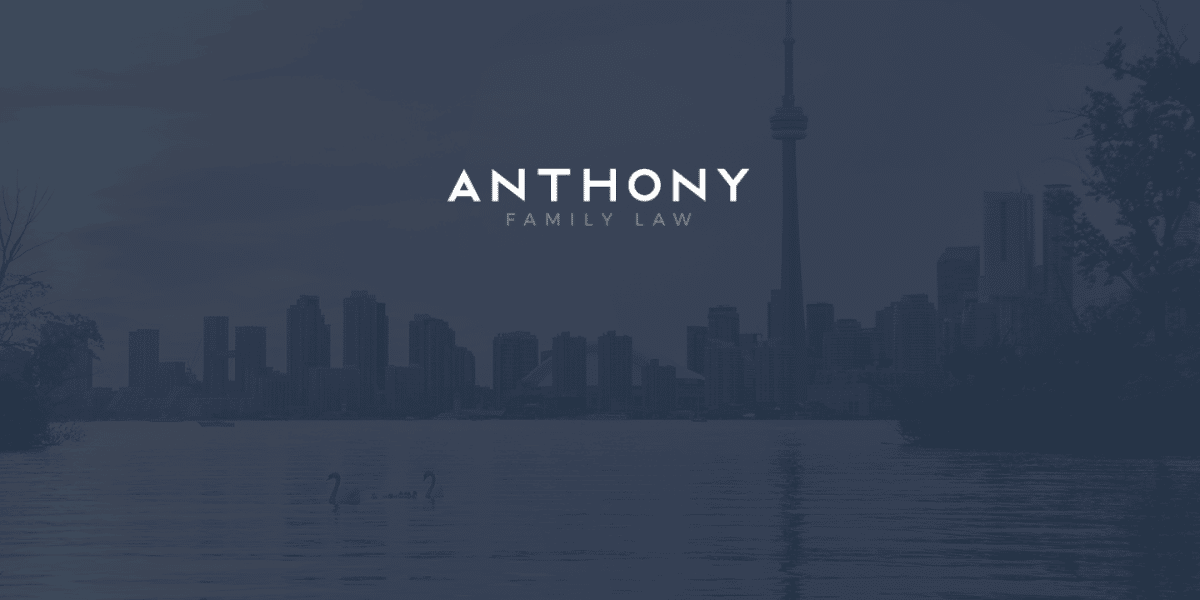A common law marriage is when the courts recognize that a couple had a long enough relationship to qualify as a legal marriage even if they never formally married. Common law marriages can be very important when the relationship ends, as it can mean the assets go through marital property division, and child support and spousal support may come into play.
If you’re not sure if your relationship may qualify as a common law marriage, it’s a good idea to discuss your situation with a family law lawyer. If it does, you could be entitled to certain rights and provisions, and these are important to know before you end the relationship so you can take the proper steps.
What Qualifies as Common Law Marriage in Ontario?
To qualify for a common law marriage in Ontario, a couple must live together for at least three years. They have to live together in the same residence without any breaks. This means that a couple who broke up after two years and lived apart for a month before getting back together would restart the clock on whether the relationship qualified for a common law marriage recognition. An exception is made for couples with children, either biological or adopted. In these cases, the couple only has to continuously live together for one year for the relationship to meet common law marriage requirements.
What Happens When You Want to End a Common Law Marriage?
A common law marriage can be ended like any other relationship: at the request of either or both parties. In some cases, the relationship can simply dissolve, and both people go their separate ways, but if there are children or joint property involved, things can get more complicated. In these situations, the common law marriage is recognized by the courts, which means that a child support order or spousal support order may be issued.
Do I Need a Divorce Lawyer for a Common Law Marriage?
If your relationship qualifies as a common law marriage and you are ending it, you may want to consult with a divorce lawyer to ensure you are aware of all of the potential consequences and your rights. If there are children or joint assets involved, talking with a lawyer can help you understand your options, and they can help you start the paperwork for a child support order or custody arrangement.
To find out more about how Ontario recognizes common law marriages and what this may mean for the end of your relationship, contact our office at 647-933-2397. Our lawyers can talk with you about your circumstances and provide counsel on your options.




